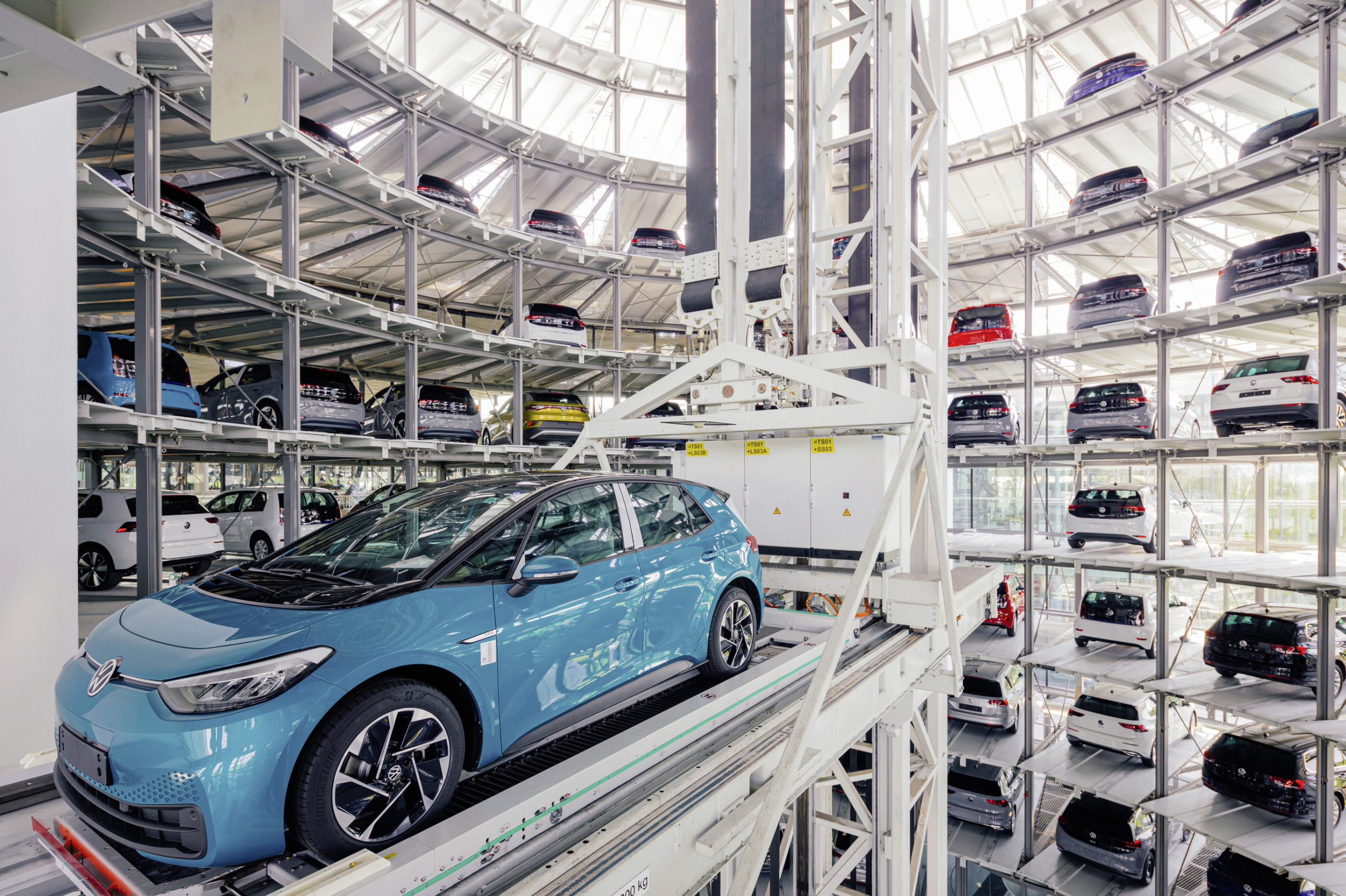
Germany passes landmark of 1 million EVs, growing with 68%

For the first time in the history of German registrations, more than half of the vehicles were electrified in December 2022 /Volkswagen
At the end of 2022, Germany’s national car fleet counted more than one million EVs. A meaningful milestone, but it’s still a far stretch


Comments
Ready to join the conversation?
You must be an active subscriber to leave a comment.
Subscribe Today